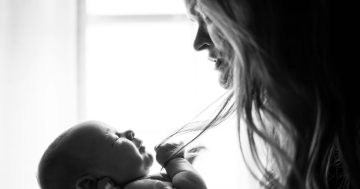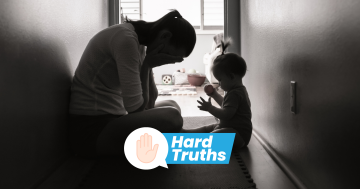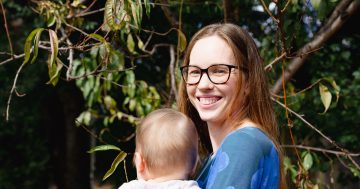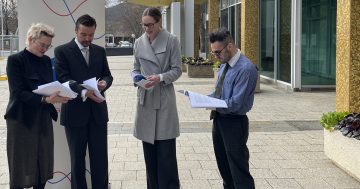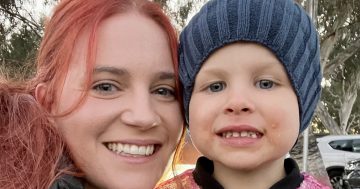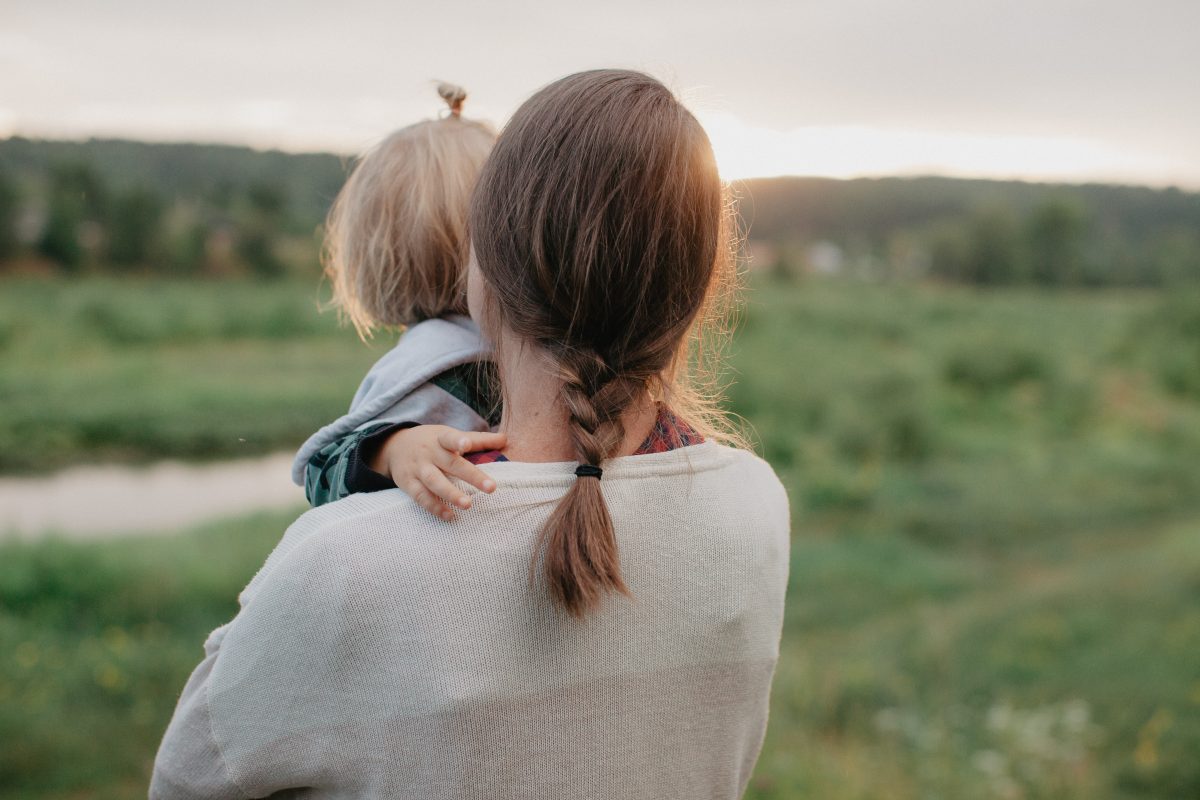
Karinya House supports around 200 women a year on average as they chart a path to a new future. Photo: Katerina Zhiltsova.
As a senior caseworker at Karinya House, Nichola McKillop has witnessed a lot of adversity and a lot of triumphs. Some stories just stay with you, though.
At 16 years of age, the woman who had been referred to Karinya House by a local hospital and assigned to Nichola was at the younger end of women the organisation walks alongside.
Still living through a difficult childhood, she was pregnant with her first baby and had been asked to leave the family home.
“Coming to Karinya House at so young an age can be quite scary,” she says.
“We see a lot of women who, especially when they first arrive, tend to stay in their rooms. But we like to have the women participate, whether by attending one of our in-house meetings, cooking, or joining the chores roster. We also offer group programs to involve women in the Karinya community.
“It’s baby steps. If we can have a little win in a day, even if it’s just coming out of their room and sitting at the dinner table with another resident or staff member, we see that as progress.”
In an average year, Karinya House walks alongside about 170 women who are pregnant or parenting a baby as they chart a new path for their future. At any one time, the organisation supports 11 women and their babies in their residential accommodation and some 40 in the community through outreach work.
Though designed for an average stay of three to six months, during which a mother receives emotional and practical support in the lead-up to or first months of new parenthood, lately – due to long waitlists for affordable government housing – the average stays at Karinya’s residential accommodation have lengthened to anywhere between nine and 18 months.
In that period, caseworkers like Nichola fulfil a variety of tasks to empower the women they support to build independence. But first comes trust.
“Building an emotional bond can be tough. You have to give them that safe space to open up … always ensuring the women know there is no judgement here,” Nichola says.
“It can be difficult to ask about family violence, childhood trauma and a woman’s history, but over time, with consistently showing up, you start to see that trust and confidence build. One day, you might offer to hold the baby while a woman takes her shower, and they’ll say, ‘No thanks, I’ve got this’.”
In the case of the 16-year-old mother, Nichola was eventually able to secure housing and the link back to education to complete Year 12, which involved advocating for daily transport to and from school and childcare for her baby.
“I love that kind of ending. I’ll never forget it,” she says.
But Nichola’s work can include just about anything a mother needs to find her feet, from driving them to antenatal appointments to picking up goods from Roundabout for women who have just had their newborns, arranging white goods and furnishings for women who have been successfully housed or simply minding children while a mother does a bit of self-care.
“We’ve been told on multiple occasions by the women we work alongside that Karinya House is the mother or family they’ve never had,” Nichola says.
“That really sits with me because we get to a point where the women are appropriately housed and have become independent and confident enough in their parenting to successfully raise their child in the community. And all those little things we did that perhaps didn’t seem like much, they’re the practical things that are a sign of care, which a positive support person in your life would do. And we can say to them, ‘See, you can do this given the right opportunity and support’.”
Nichola says this wraparound approach is only possible with the generosity of the community, which donates up to 35 per cent of the organisation’s average annual operating funding.
Much of it comes from “cup of coffee a day style donating”, which collectively has a massive impact.
“I think a lot of people are surprised to know that this is actually happening in our community, that women are navigating this period without any positive support around them, that inequity exists and that domestic violence is prevalent,” Nichola says.
“As a community, we can help change the circumstances for women and give them the chance to break cycles for their children. With that cup of coffee a day style donating, you can potentially provide a woman and her baby a different future.”
To become a part of the Karinya Village, donate here.
Did Karinya House support you prior to August 2023? If so, the organisation would love to hear from you as part of its work to measure impact and improve our service. If you are interested in participating in a short survey, please send a message.












